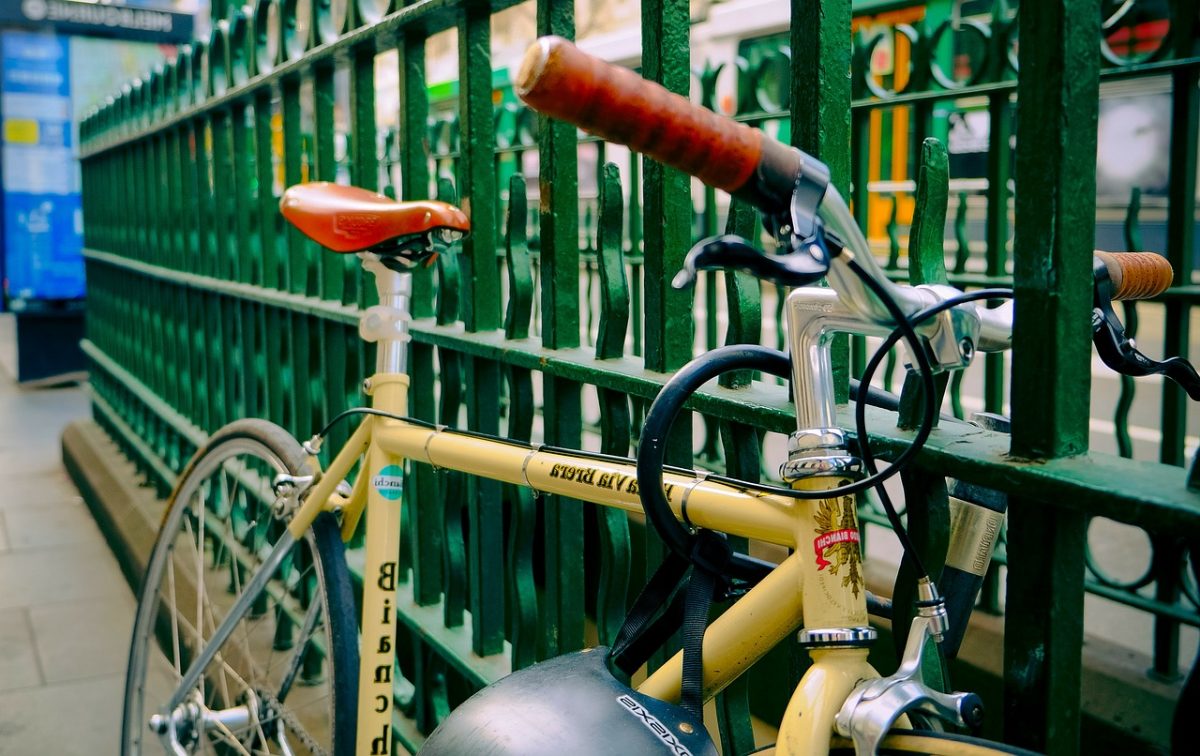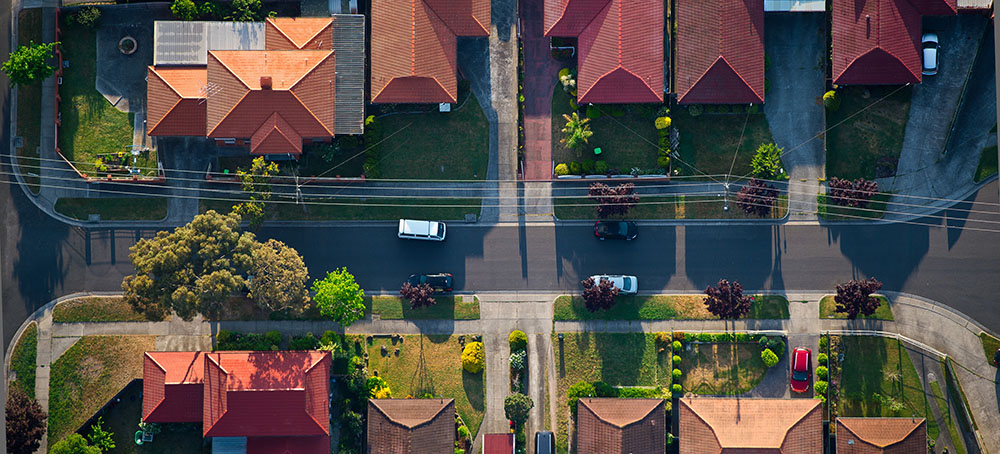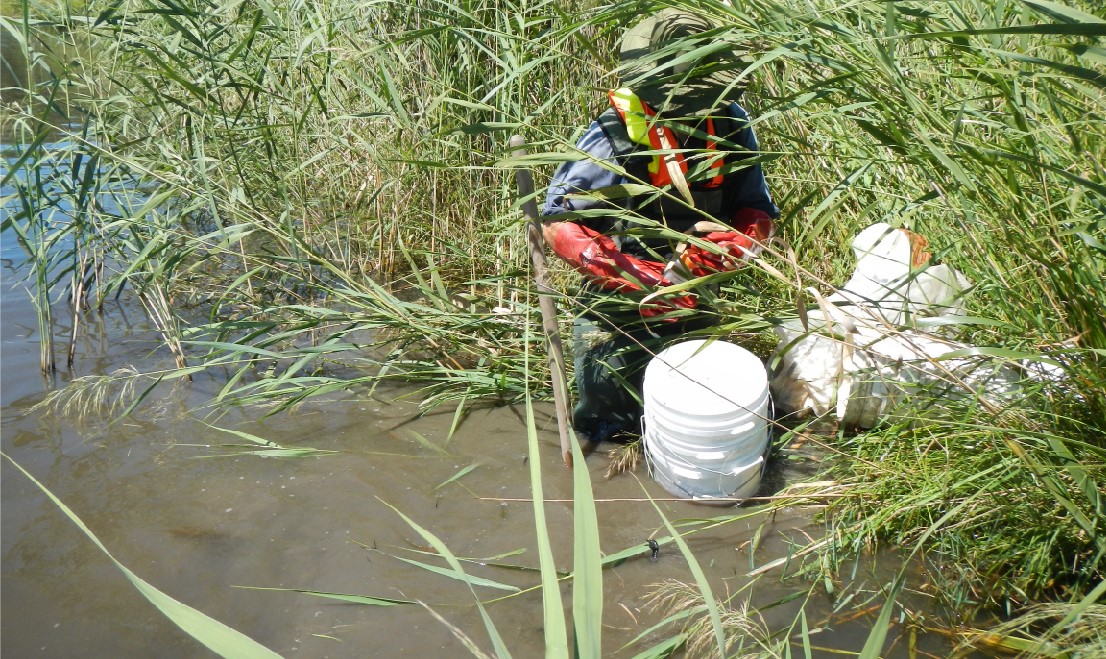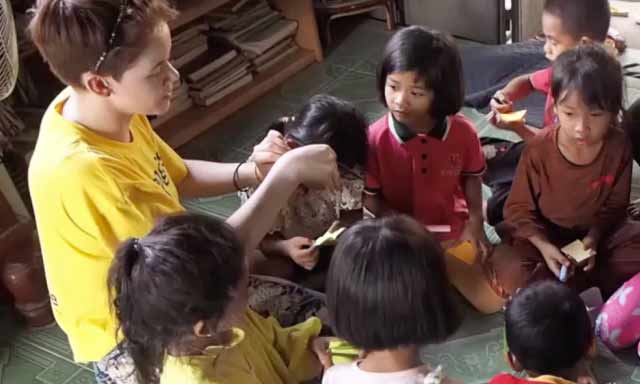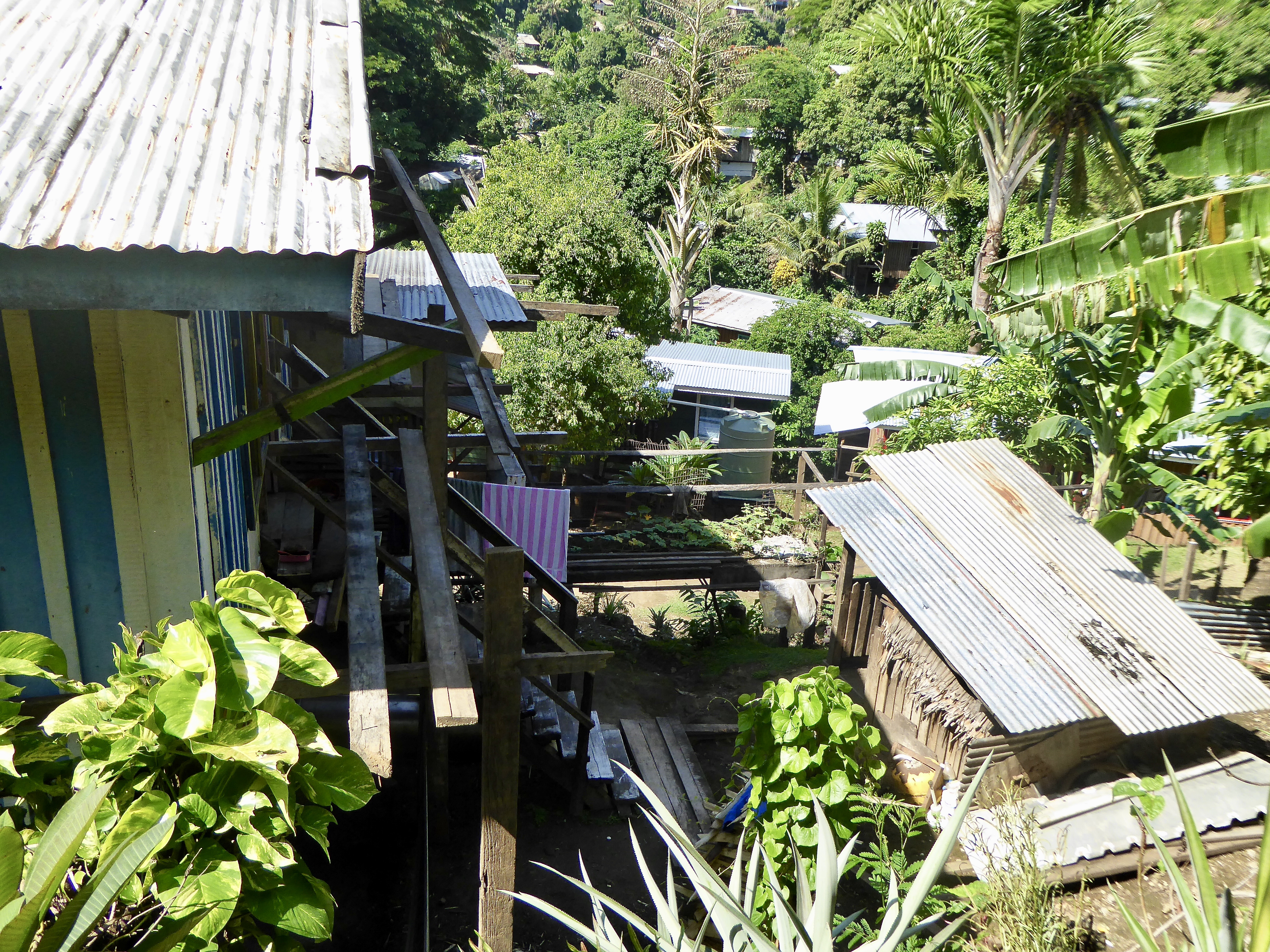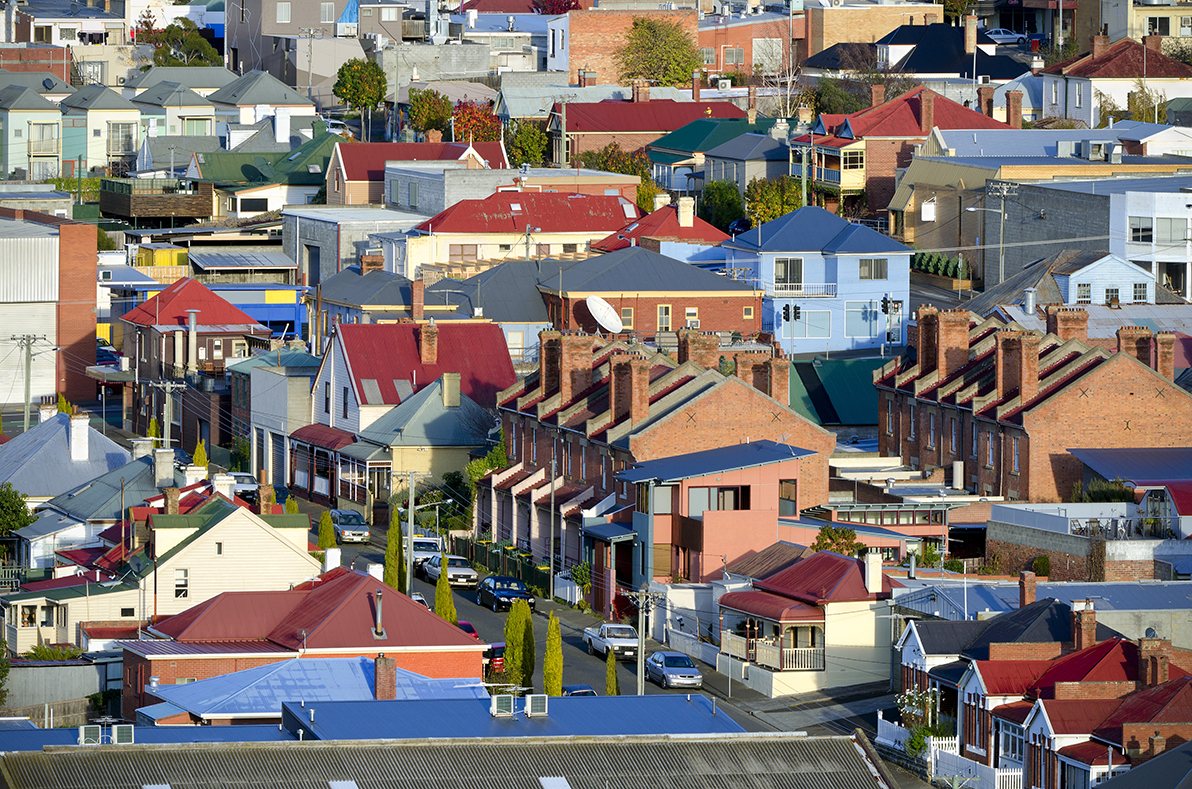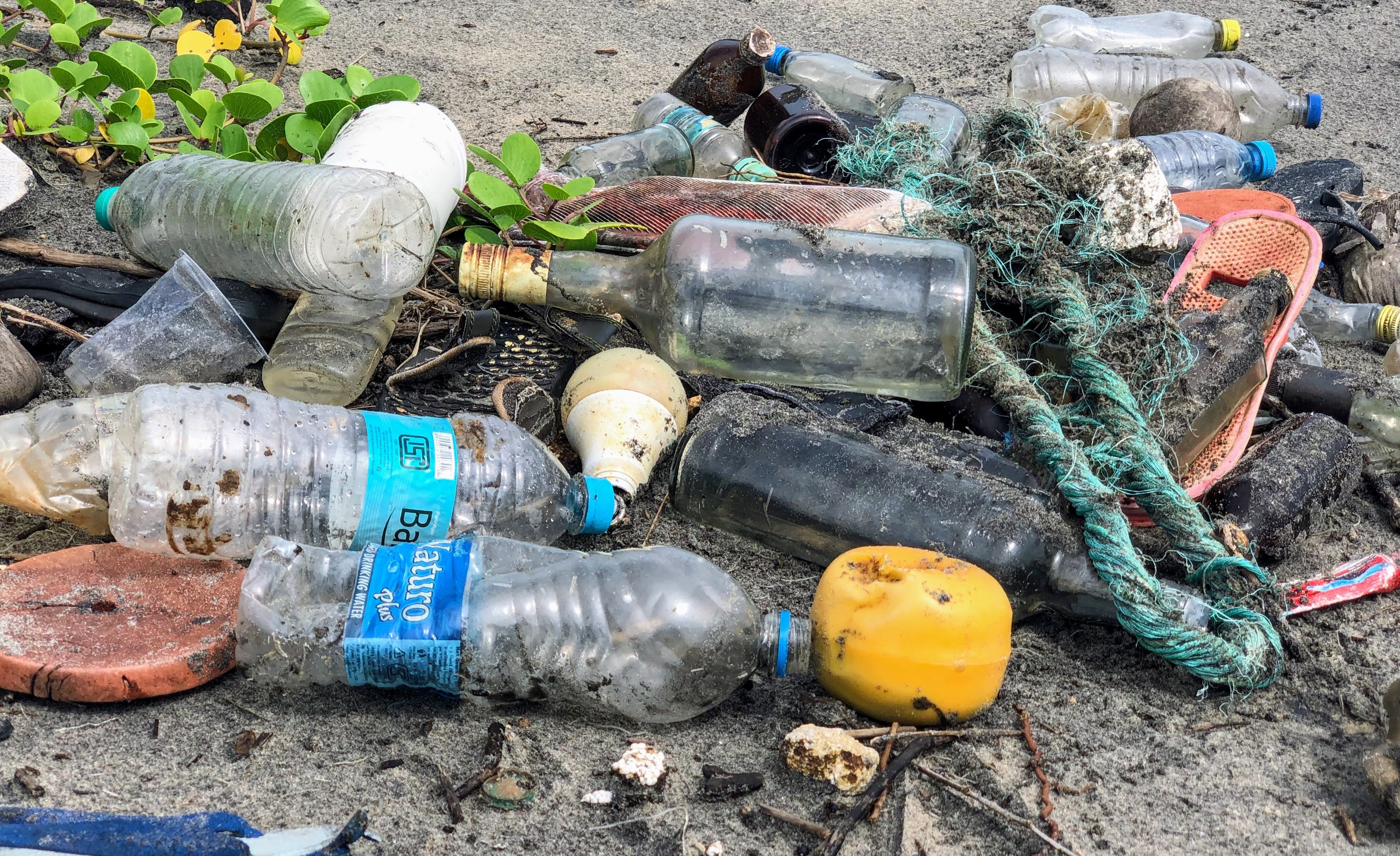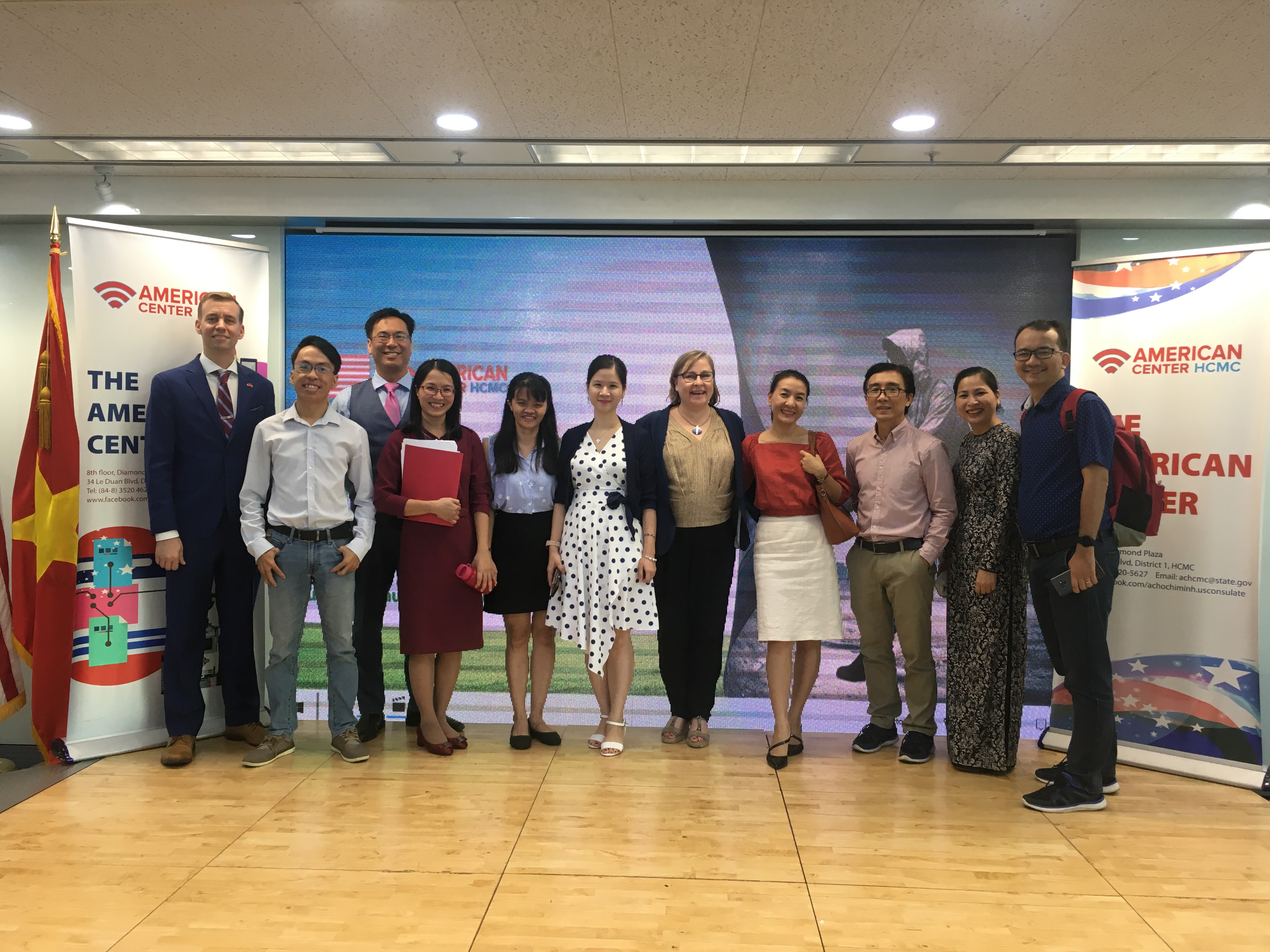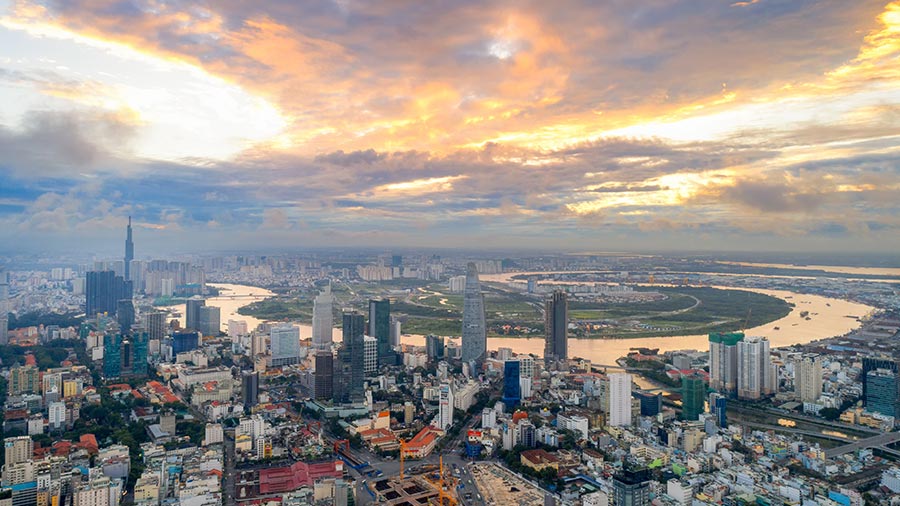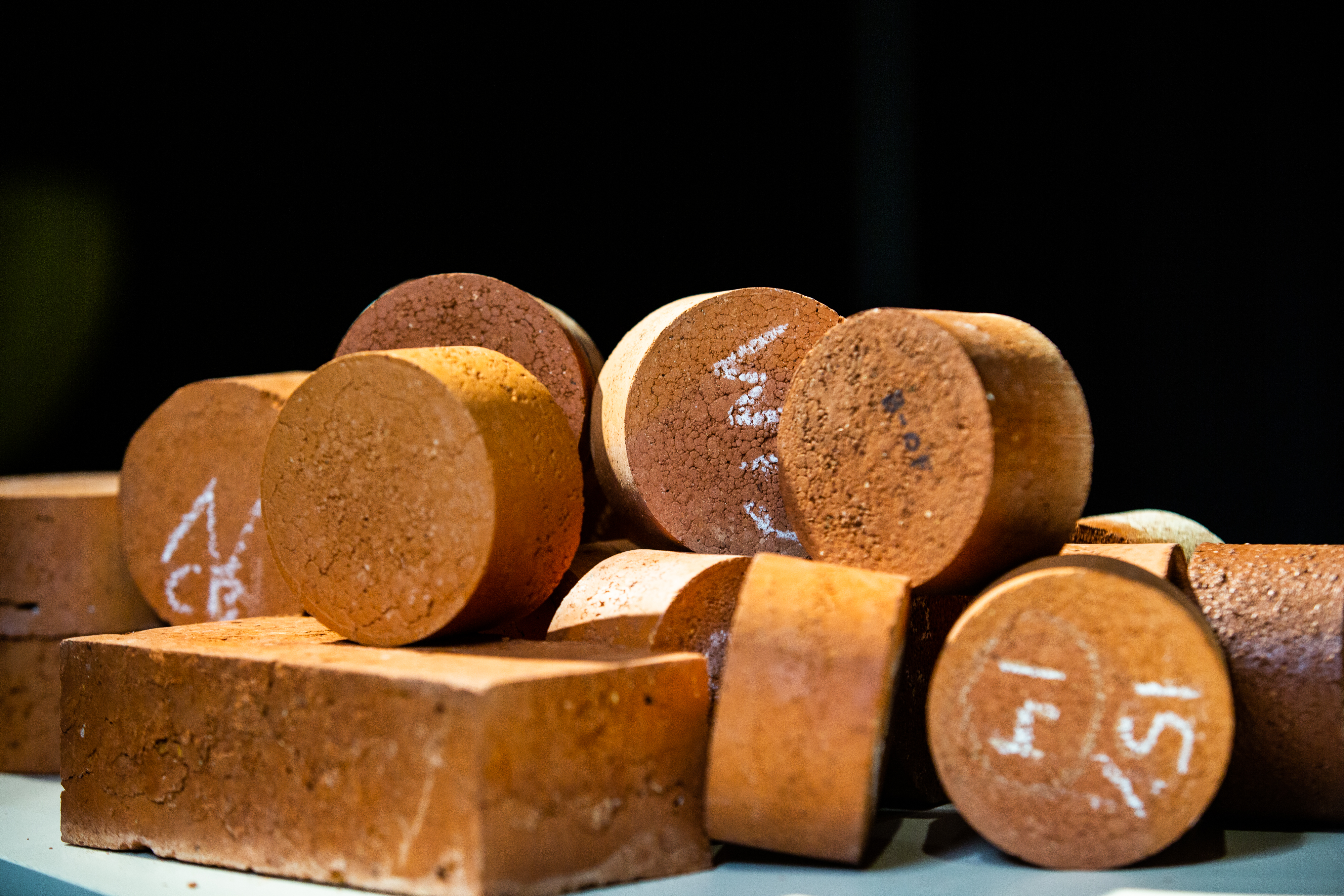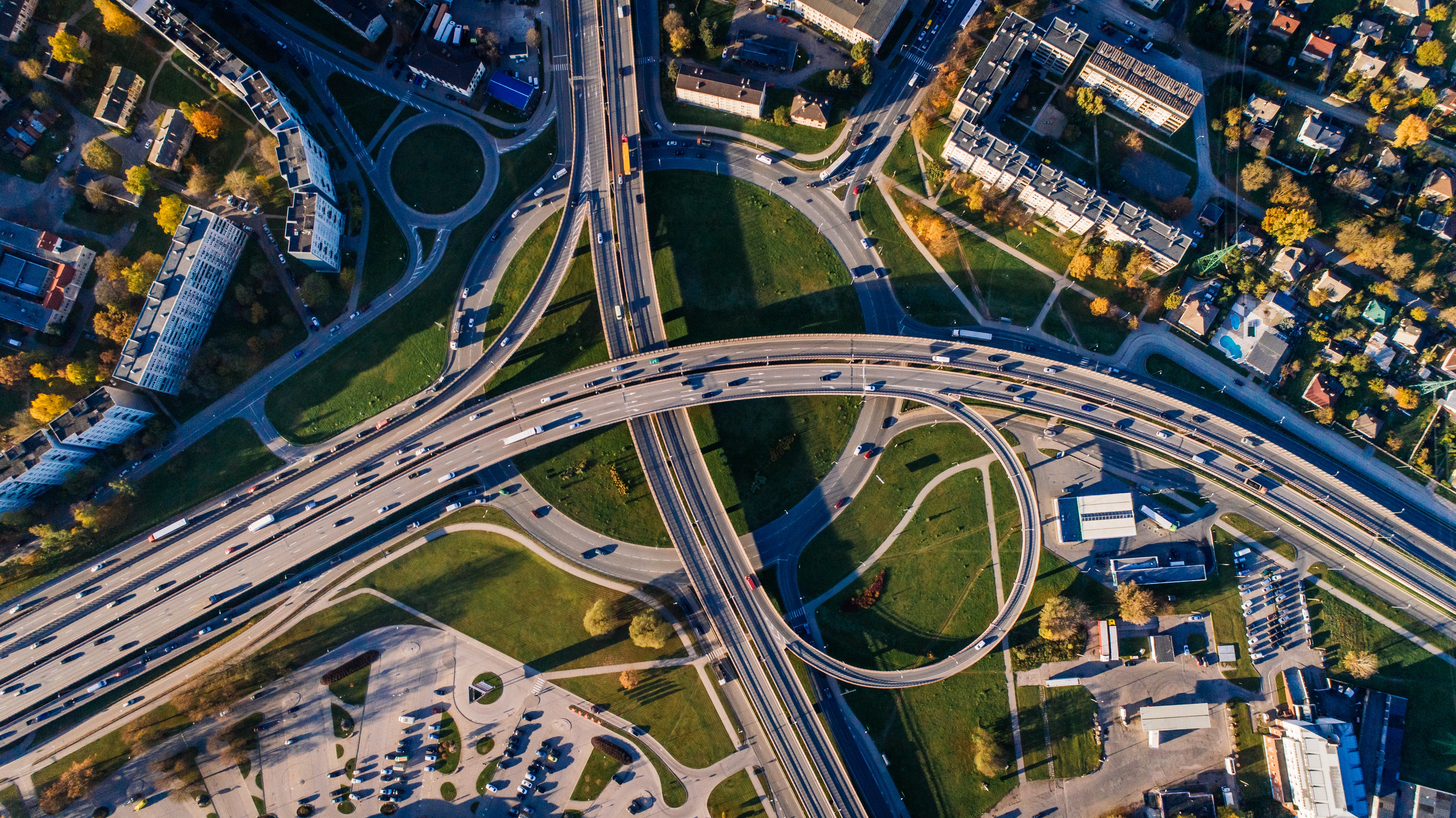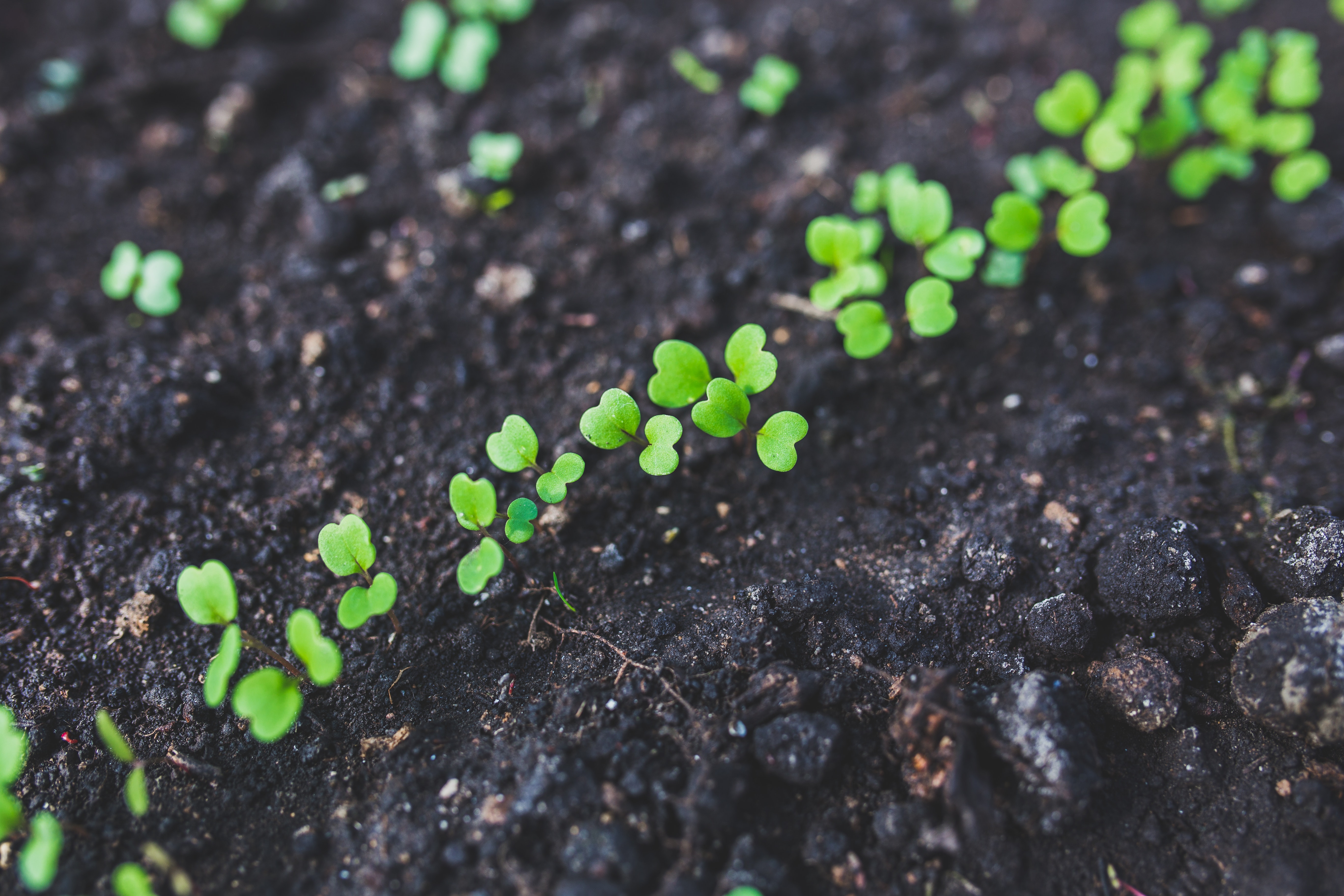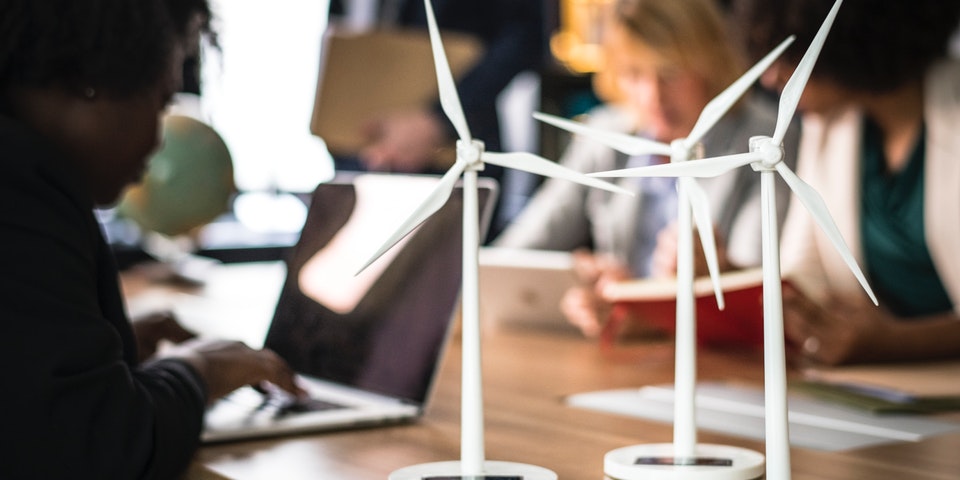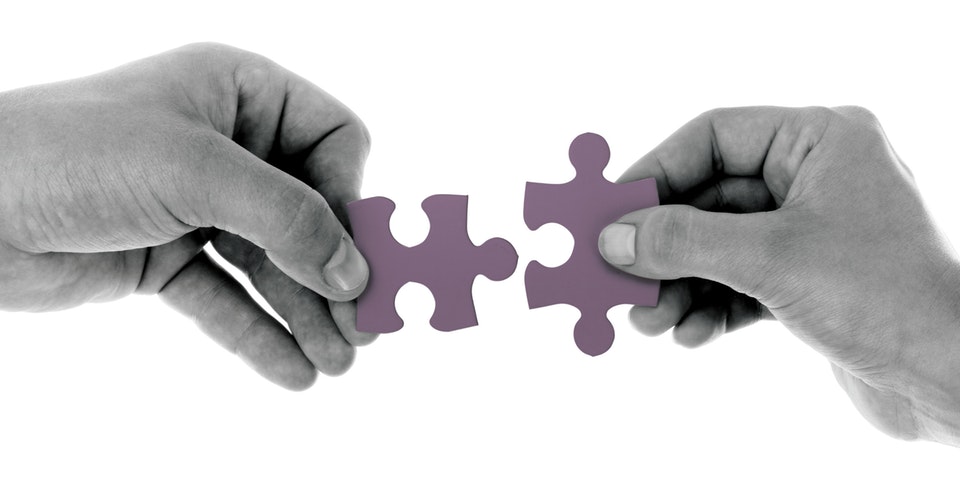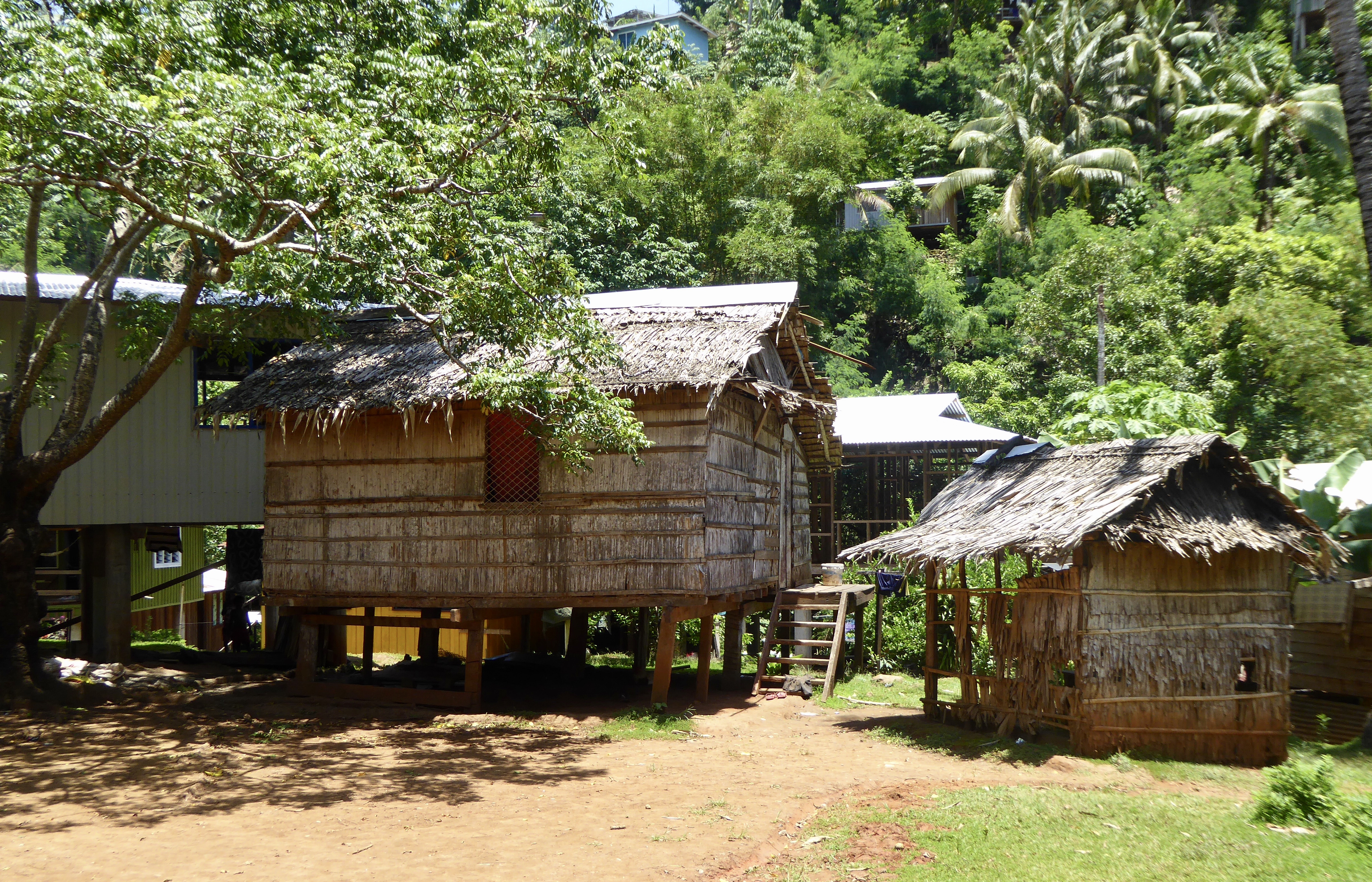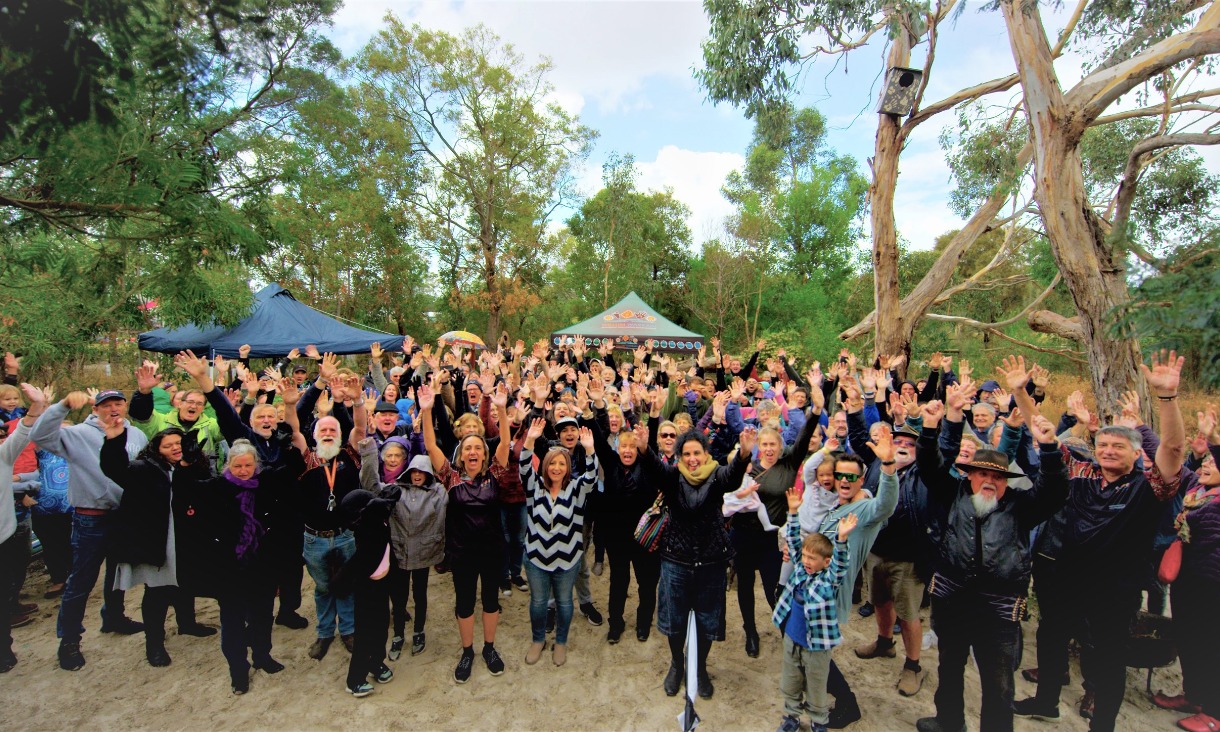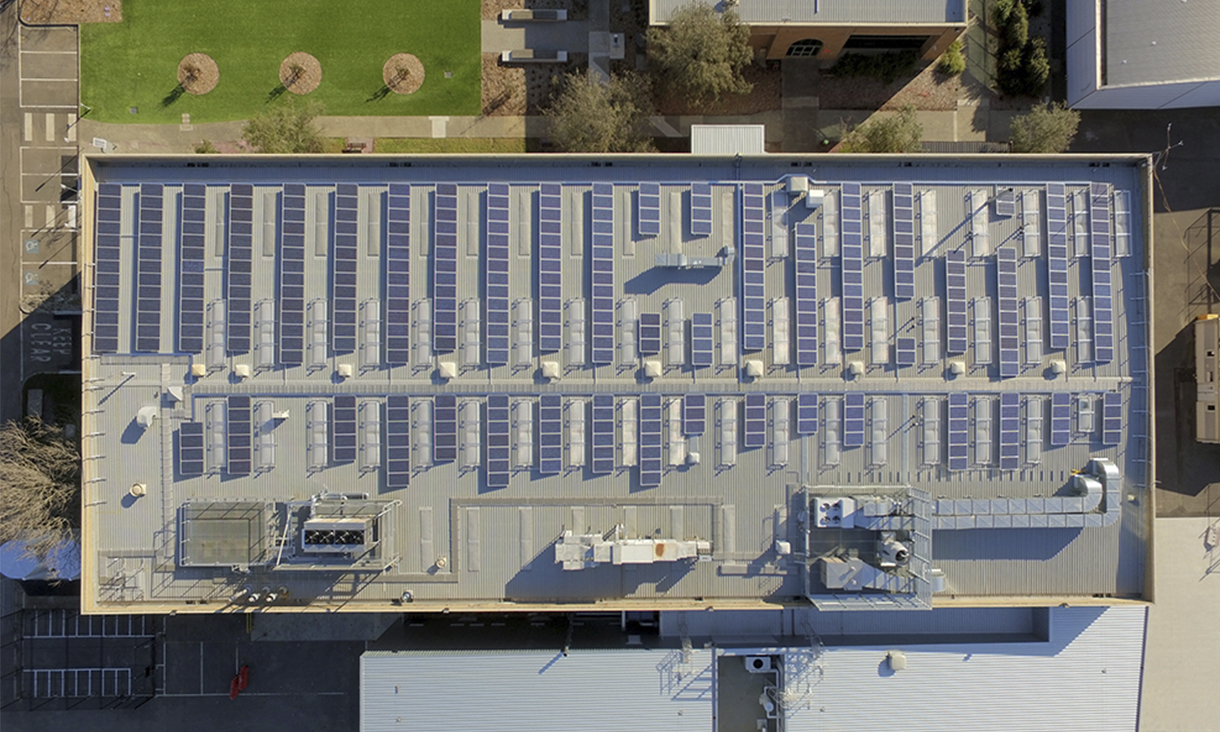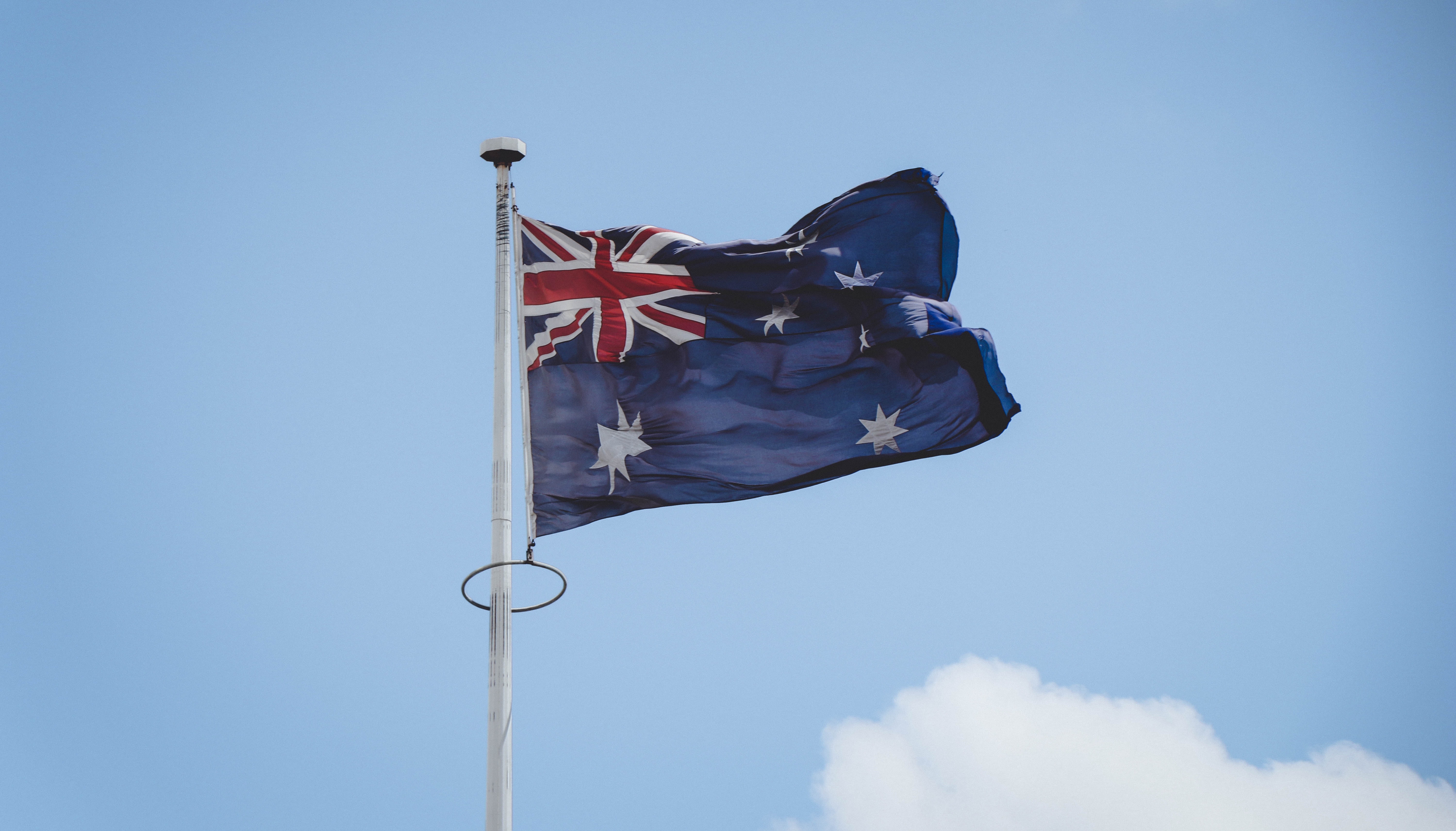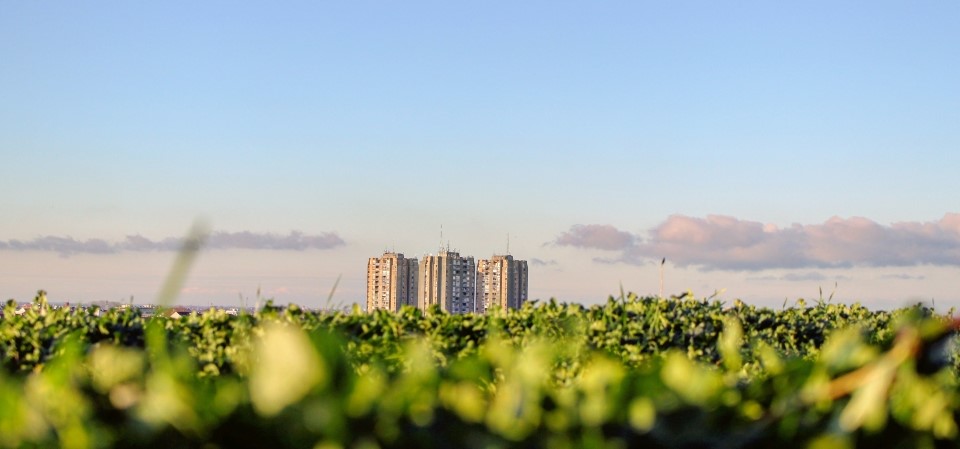Improved Urban Systems for Liveability
This project investigates how major cities function and the effects of their land-use, housing and infrastructure systems on the humans that live in them.
Australian Urban Observatory
The Australian Urban Observatory (AUO) is a new digital liveability planning tool, developed by our team from RMIT’s Centre for Urban Research, which has been specifically designed to support decision makers prioritise actions to promote health and wellbeing in their communities.
Aquatic Pollution Prevention Partnership
The aims of this research partnership between Melbourne Water and RMIT University is to help prevent aquatic pollution.
Animation in Cambodia
Animation in Cambodia is a project delivered jointly with the NGOs FutureSense & Challenges Abroad.
Engineering solutions for informal settlements in Honiara, Solomon Islands
Based on technical site visits and self-identified community needs, RMIT University engineers from different disciplines are designing solutions to mitigate water, sanitation, drainage, waste, and flood risks in five highly vulnerable settlements in Honiara, Solomon Islands.
Creating Liveable Cities in Australia
Creating Liveable Cities in Australia is the first “baseline” measure of liveability in Australia’s state and territory capitals.
The Litter Trackers: Reducing Littering by Education
Most litter that ends up in Port Phillip Bay comes from the catchments. Education is an integral tool for achieving long-term change in community behaviors and reducing litter in waterways and the Bay.
Air Quality Monitoring Stations in Ho Chi Minh City (Vietnam)
The air quality project was initiated in 2019 by the US Consulate General in Ho Chi Minh City, and implemented and executed by RMIT University in coordination with UNICEF Vietnam, Saigon Innovation Hub and Clean Air Asia.
Effective integration of nature-based water treatment in urban areas in Sri Lanka, the Philippines and Vietnam
The RMIT University in Melbourne, Australia was recently awarded a project by the Asia-Pacific Network (APN) for Global Change Research, under its under its Collaborative Regional Research Programme (CRRP).
SDGs Work Integrated Learning Placement
RMIT is partnering with the Australian Association of Social Workers (AASW) to undertake a Sustainable Development Goals (SDGs) Work Integrated Learning placement opportunity.
Recycling biosolids to make sustainable bricks
This project investigates and proposes a practical solution for the utilisations of the world's excess biosolids in fired-clay bricks.
City Partnerships Challenge
The City Partnerships Challenge is a United Nations Global Compact contribution to the Multi-Partner Implementation Facility for Sustainable Urban Development (IFSUD) to catalyse effective, coordinated and results based implementation of integrated sustainable urban development solutions.
Biosolids to Biochar: An Innovative Solution to Biosolids Management
This project aims to help address the pressing issue of biosolid management in contemporary waste water treatment by developing a disruptive pyrolysis technology that turns otherwise-polluting biosolid waste into multiple smart carbon materials of far-reaching social, environmental and economic benefits.
Greenhouse and Sustainability Program
The Greenhouse and Sustainability Program (GSP) connects multi-disciplined Honours and Masters students with industry partners in real-world problem solving.
Partnership of RMIT and Engineers Without Borders Australia
The partnership between RMIT School of Engineering and Engineers Without Borders Australia (EWB) provides opportunities for engineering students to learn about global perspectives in engineering through real projects and to participate directly in community-based programs and initiatives focused on sustainable development and poverty alleviation.
Climate action plans for five informal settlements in Honiara, Solomon Islands
This project involves participatory action research and close collaboration with five informal settlements to identify climate vulnerabilities, their priority needs, and then to co-design potential climate actions with local stakeholders (including the identification of local implementation partners).
Willum Warrain Gathering Place: Connecting Country, culture and community
The Willum Warrain Aboriginal Gathering Place offers a space, in Hastings, south-east of Melbourne, where Aboriginal and Torres Strait Islander people can come together to explore their goals, ideas and identity.
The Sustainable Urban Precincts Program
The Sustainable Urban Precincts Program (SUPP) was a $128 million project to reduce energy and water use, significantly lowering greenhouse gas emissions associated with RMIT campus operations.
Globalization, Populism and Humanitarian Sensibility in Australia
This project was commissioned by the Australian Red Cross to inquire into the nature of humanitarianism in Australian society.
Greening public management
This project investigates how contemporary public policy and management research and practice shapes environmental governance, and with what effects.
